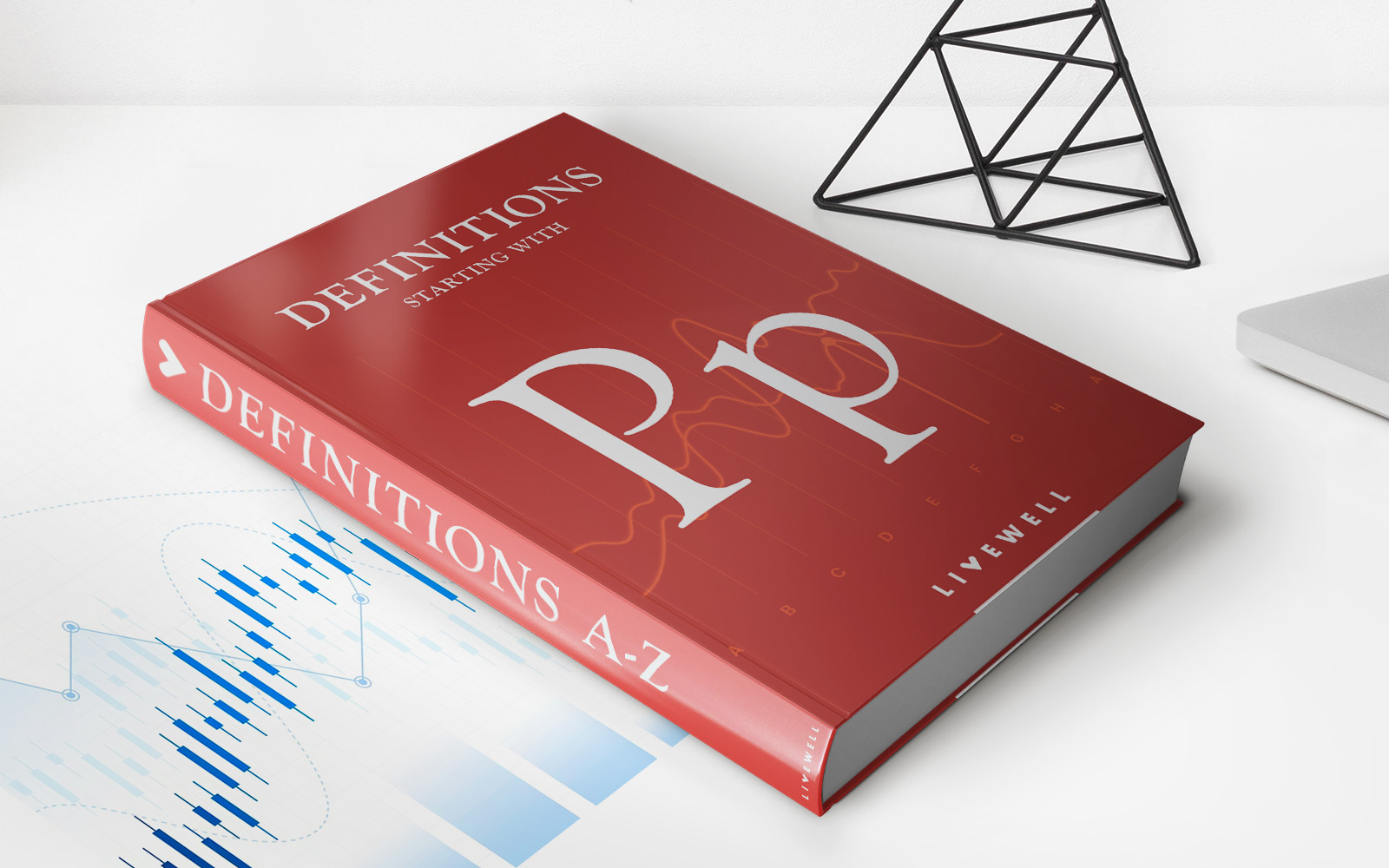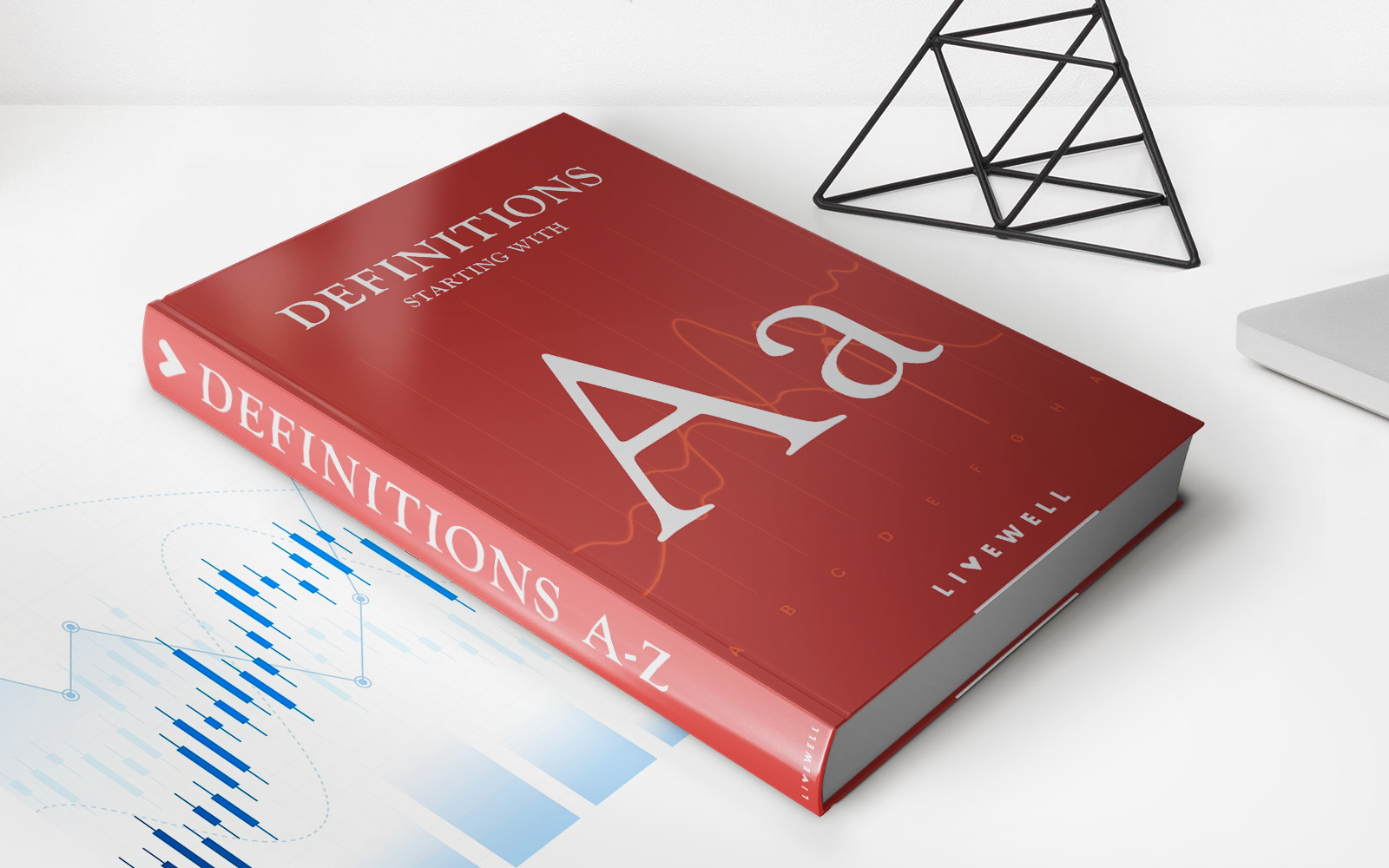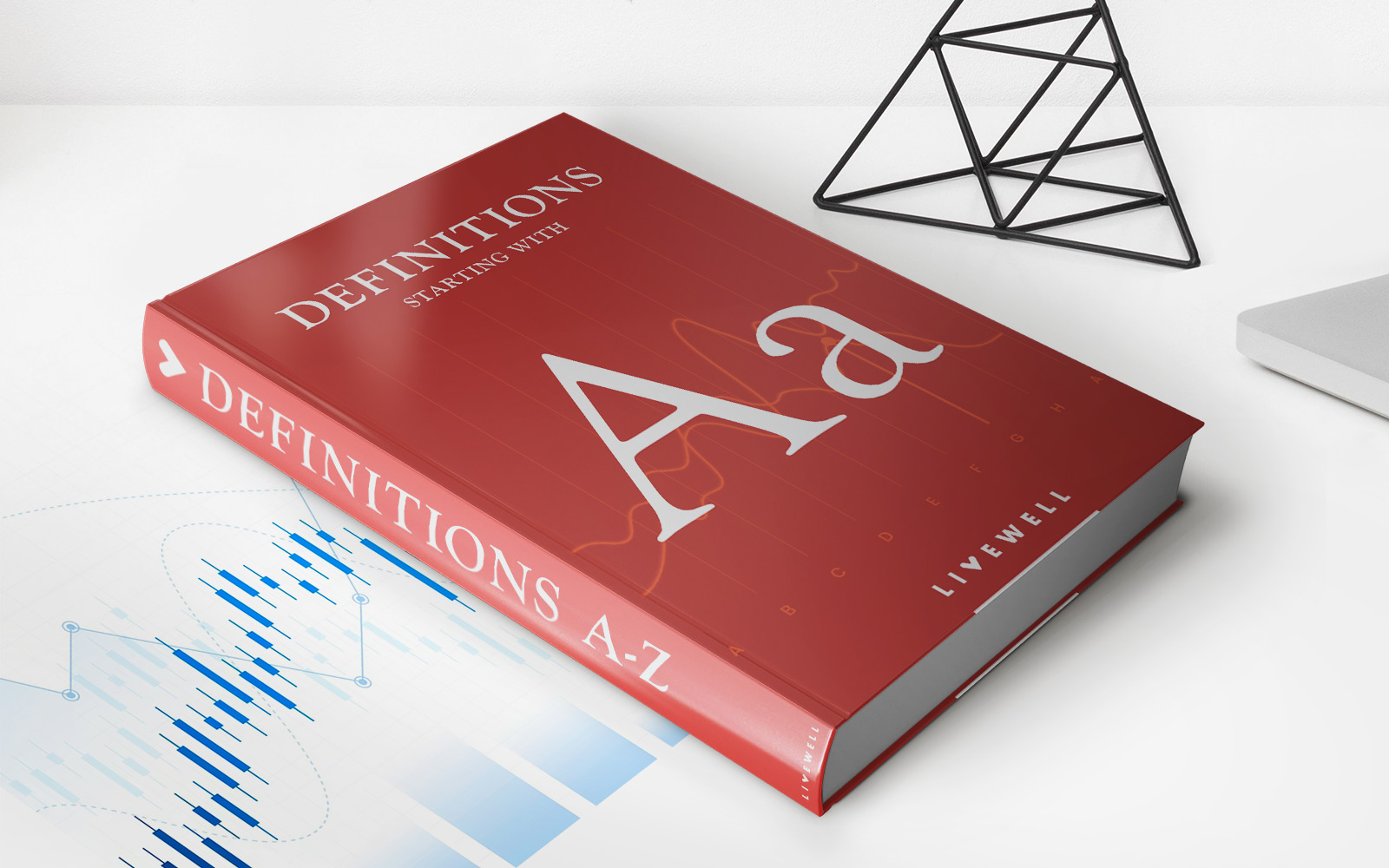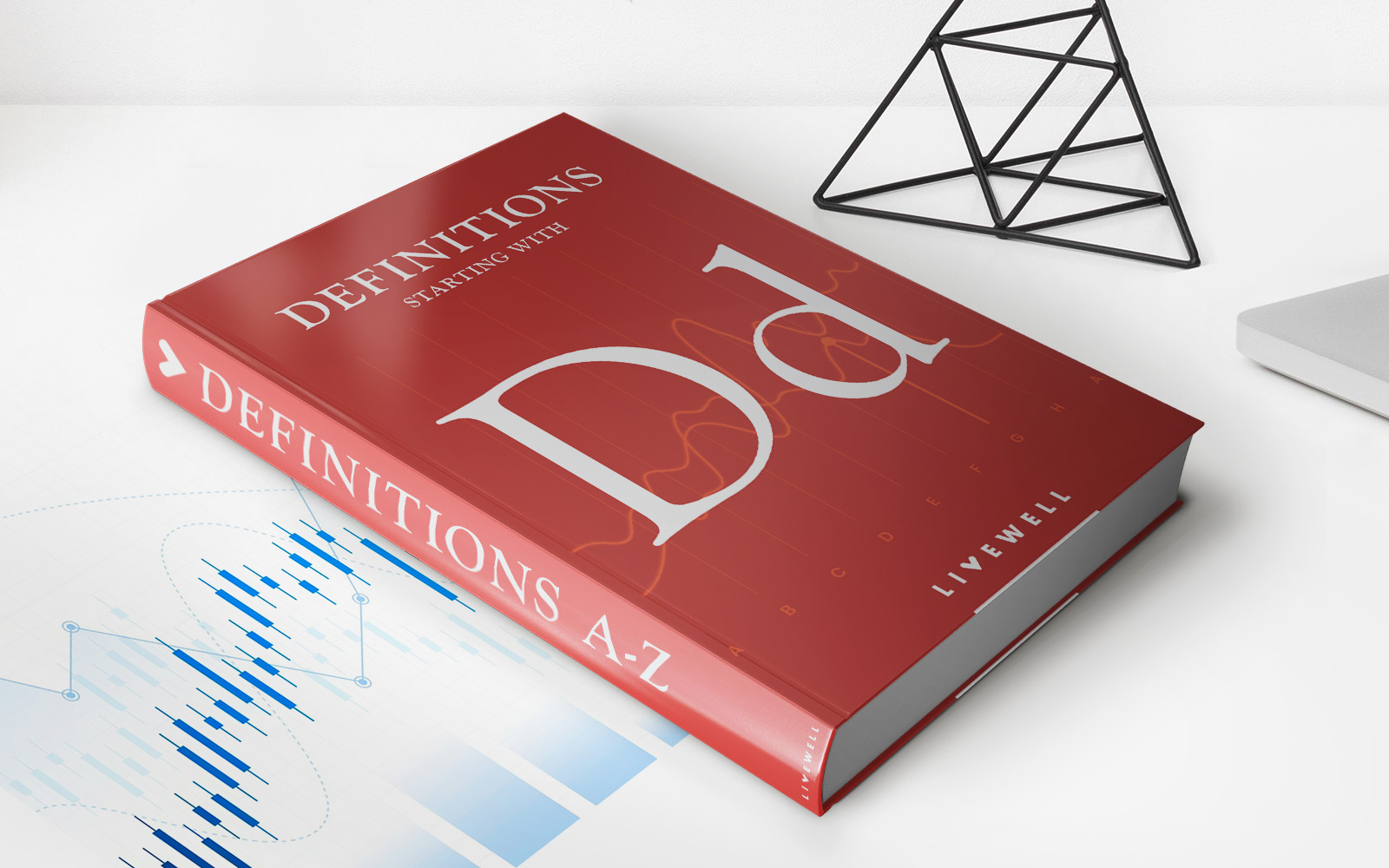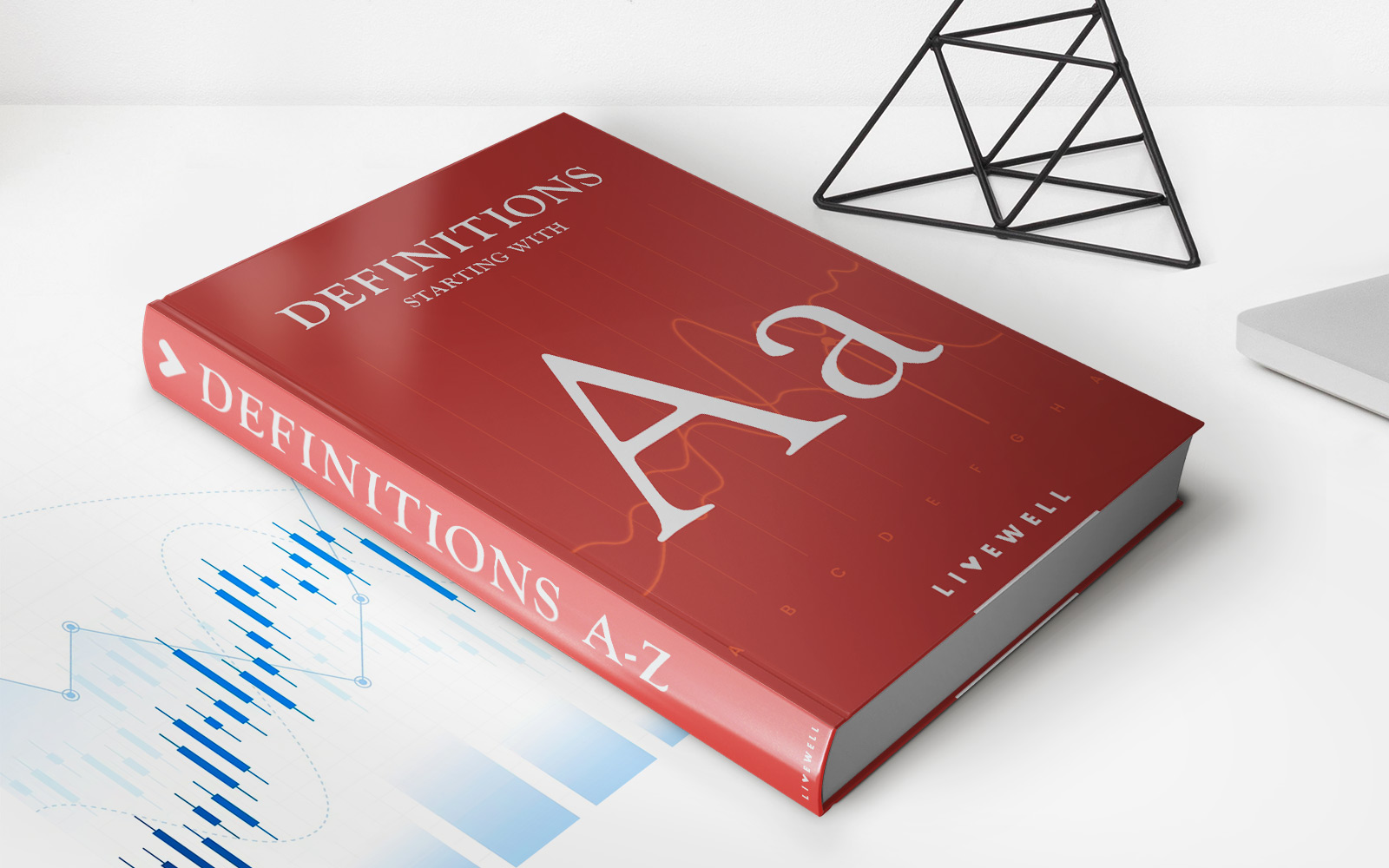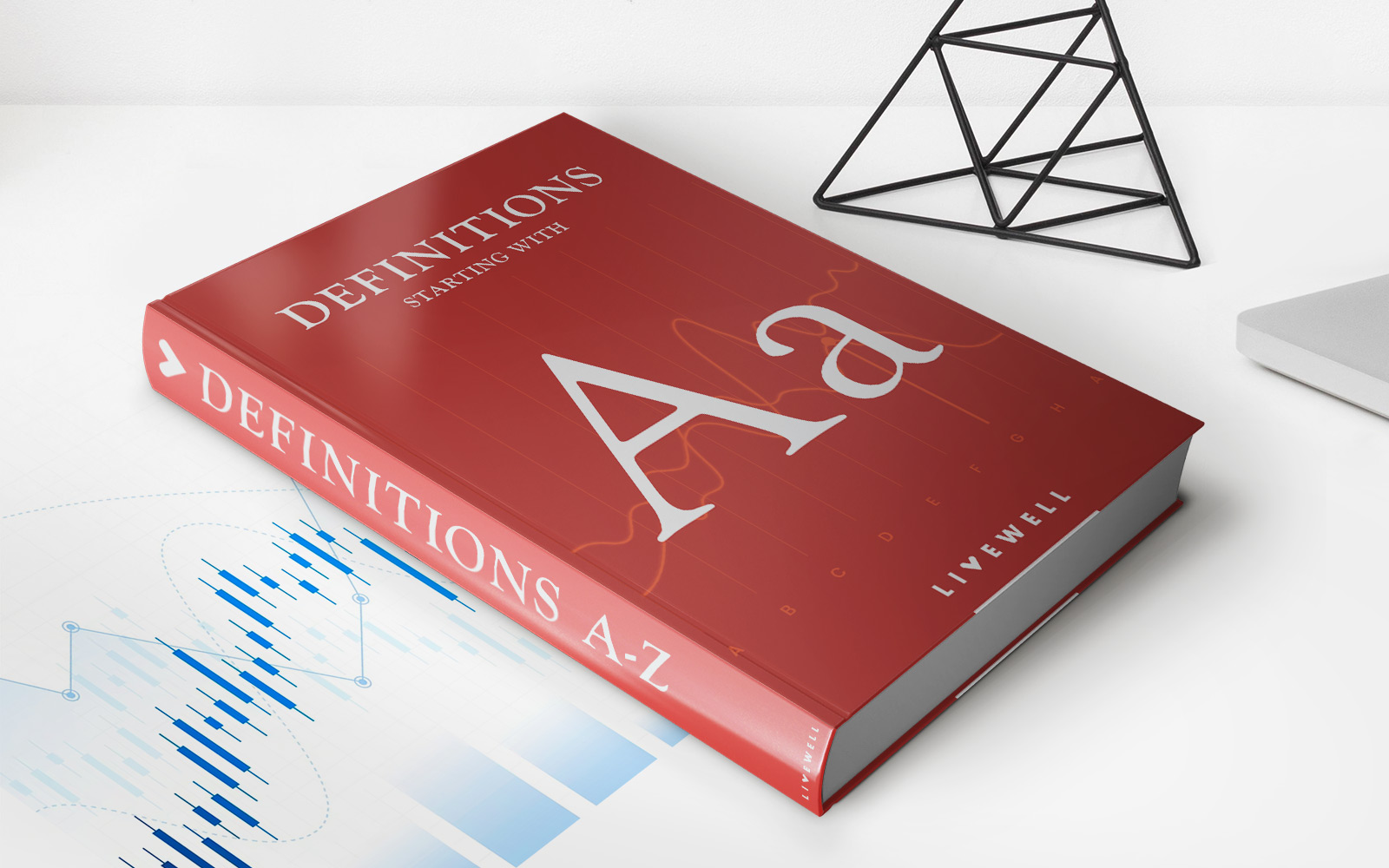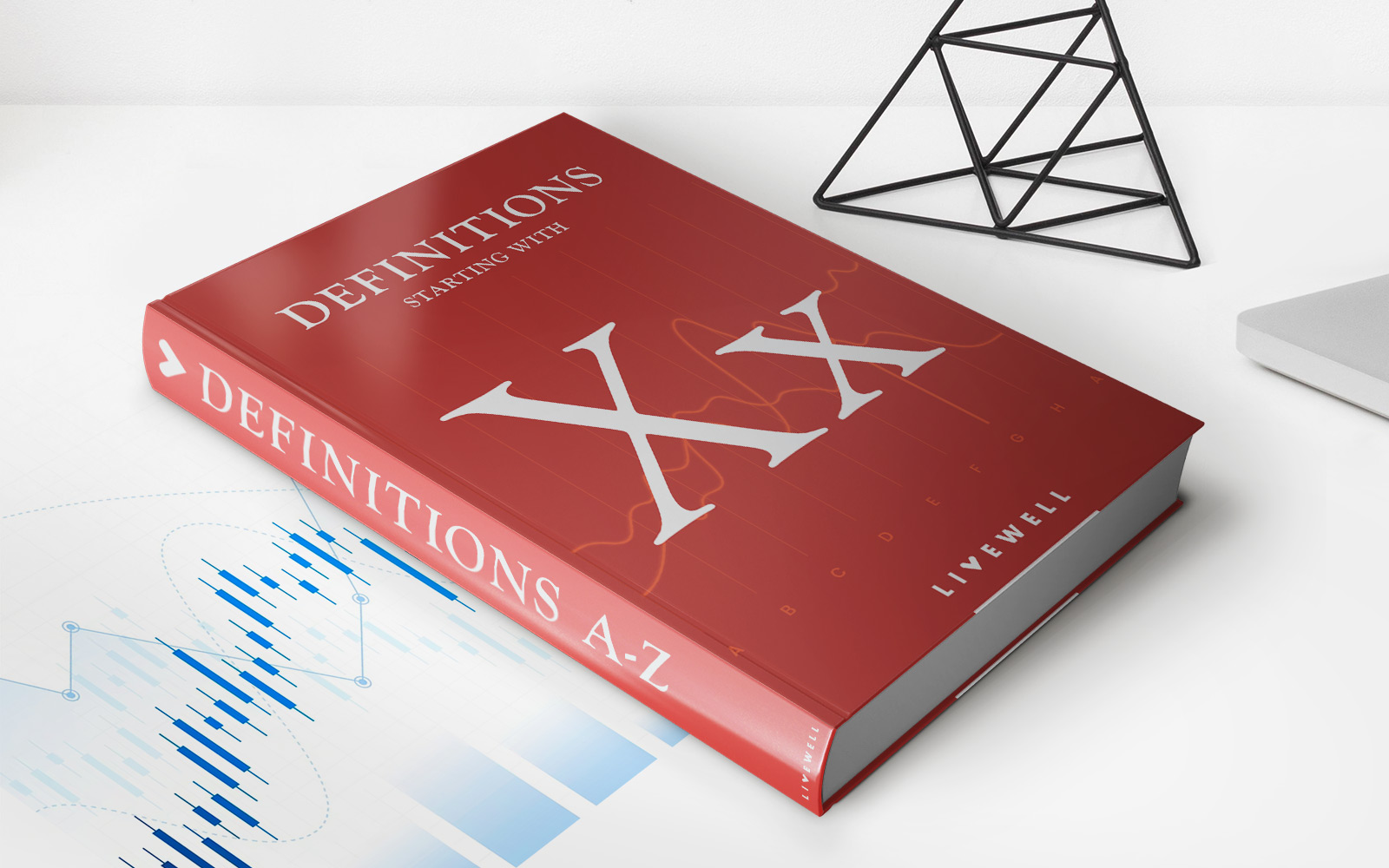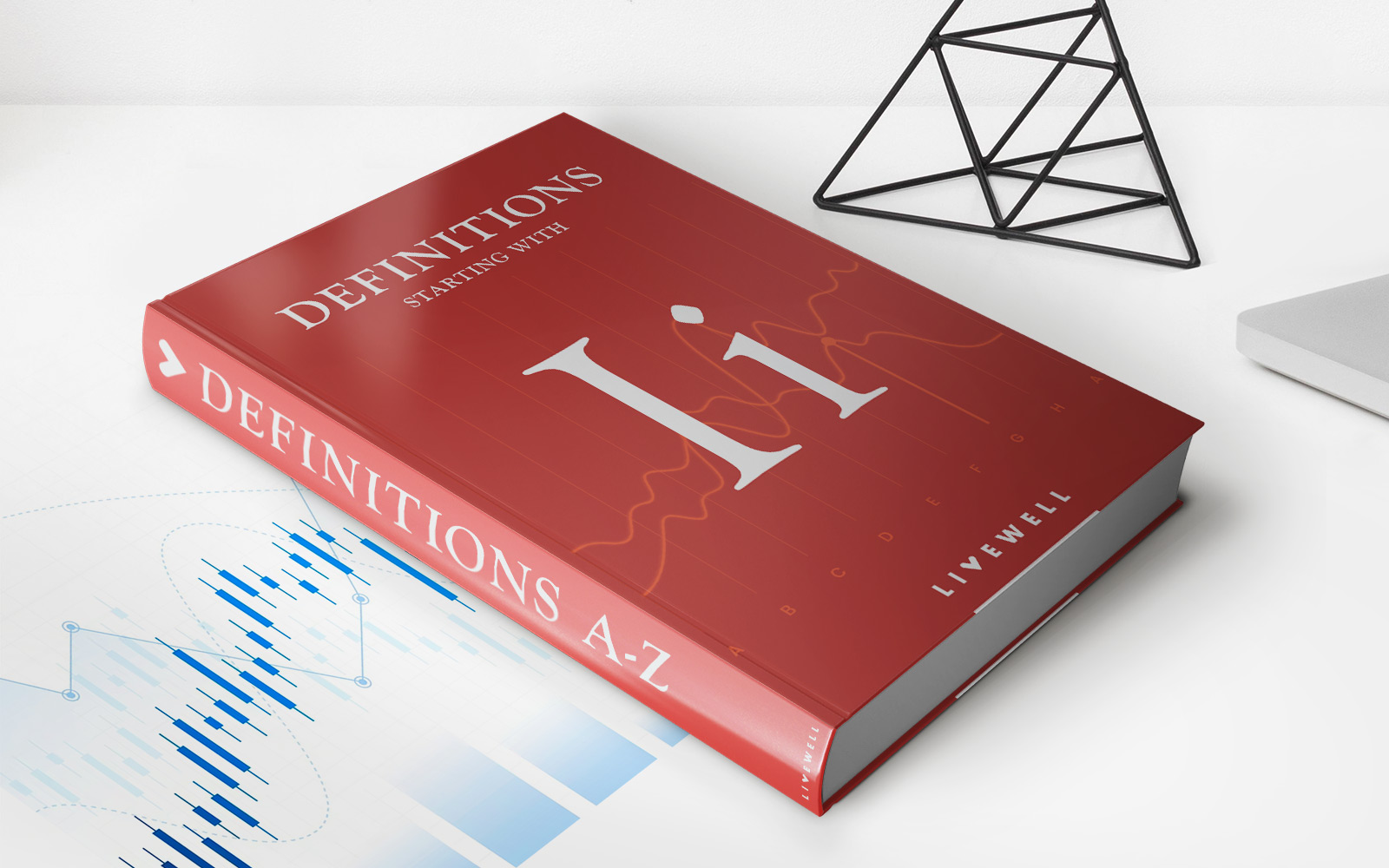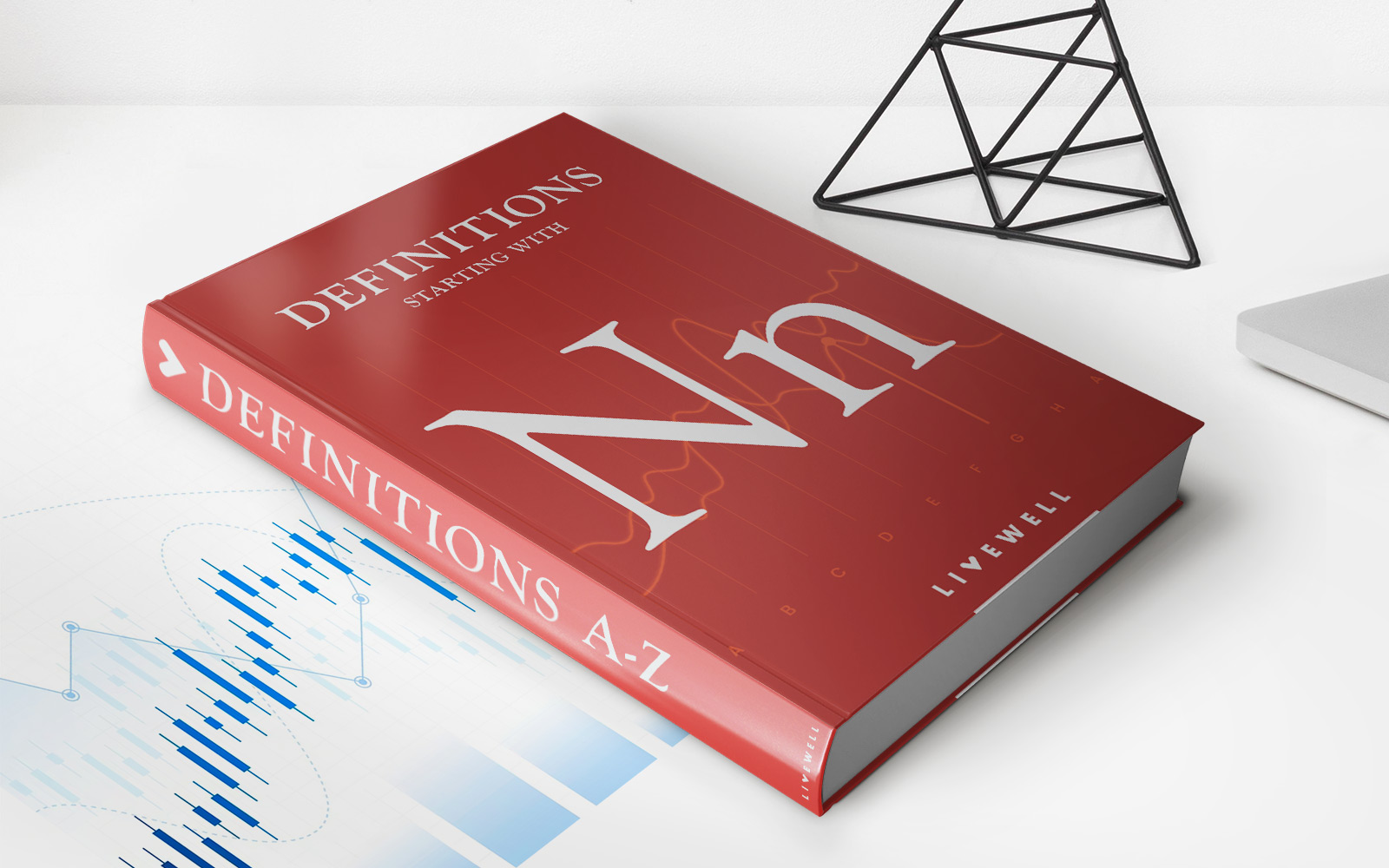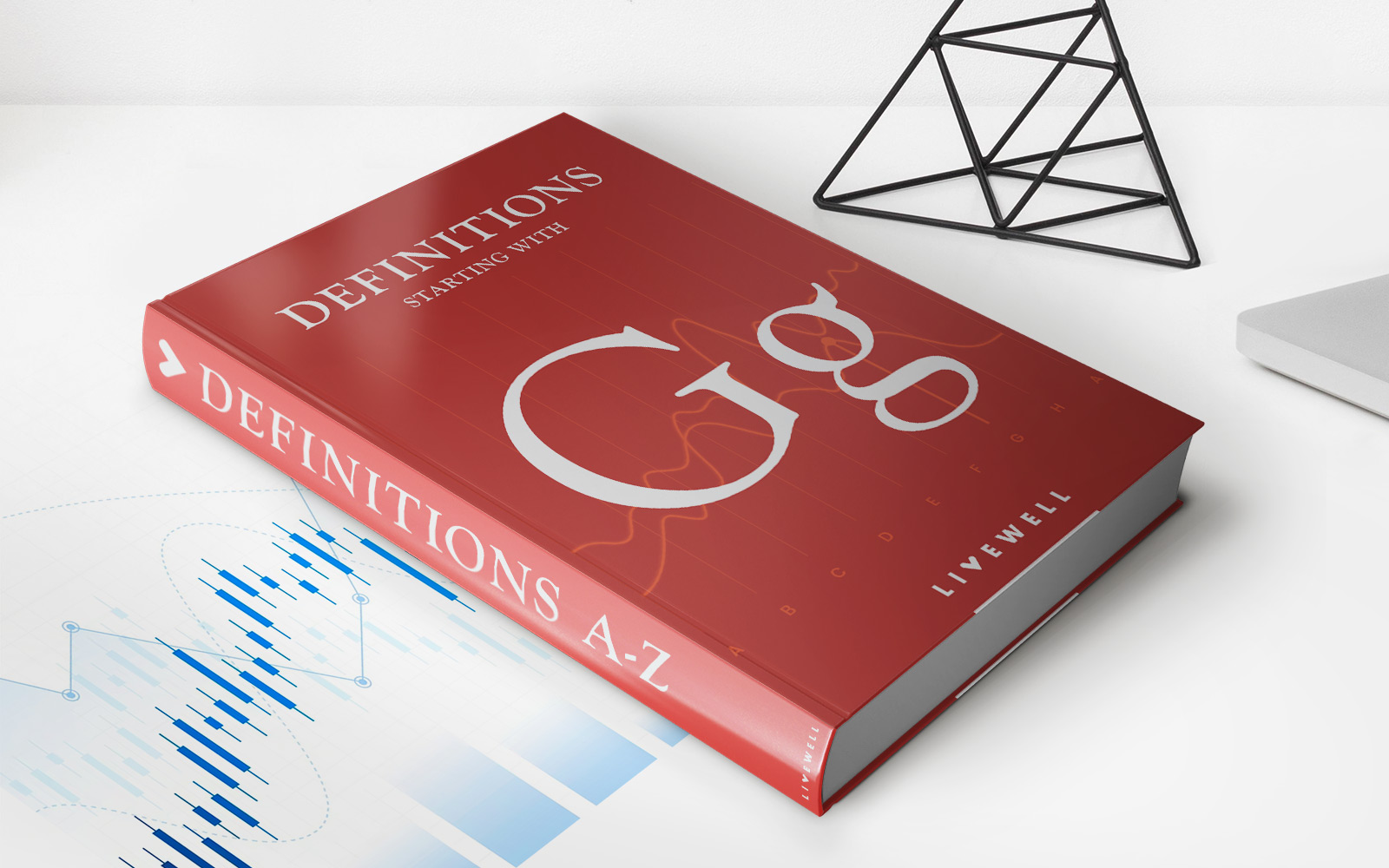

Finance
Guinea Franc (GNF) Definition
Published: December 3, 2023
Learn the definition and details of Guinea Franc (GNF) in the world of finance. Explore its history, current value, and economic significance.
(Many of the links in this article redirect to a specific reviewed product. Your purchase of these products through affiliate links helps to generate commission for LiveWell, at no extra cost. Learn more)
Welcome to the World of Guinea Franc (GNF)
Are you curious about the currency known as Guinea Franc (GNF)? Wondering what it is and how it plays a role in the financial landscape of Guinea? In this blog post, we’ll delve into the fascinating world of Guinea Franc and provide you with all the information you need to know. So, let’s dive right in!
Key Takeaways
- Guinea Franc (GNF) is the official currency of Guinea, a country located in West Africa.
- It is represented by the currency code GNF and is issued by the Central Bank of Guinea.
What is Guinea Franc (GNF)?
Guinea Franc (GNF) is the legal tender and official currency of Guinea. It is used in everyday transactions throughout the country and holds significant value for the people and economy of Guinea. The currency is issued and regulated by the Central Bank of Guinea, which is responsible for maintaining price stability, controlling inflation, and managing the overall monetary policy of the country.
The Guinea Franc is abbreviated as GNF and is further divided into smaller units called centimes. One Guinea Franc is equivalent to 100 centimes. However, due to its low value, centime coins are no longer in circulation, and transactions are rounded off to the nearest whole franc. The currency features various denominations, such as banknotes in values of 1,000, 5,000, 10,000, 20,000, 50,000, and 100,000 GNF.
Guinea Franc has had a history of fluctuation in terms of exchange rates due to various economic factors. It is primarily used within the borders of Guinea and is not widely accepted in international markets. However, for travelers visiting Guinea, it’s important to ensure they are familiar with the local currency and have access to it for their daily needs and expenses.
Why is Guinea Franc Important?
The Guinea Franc is a significant part of everyday life in Guinea. It facilitates trade, enables economic transactions, and helps in determining the local purchasing power of the country’s residents. Here are a few important reasons why Guinea Franc holds importance:
- National Currency: Guinea Franc is the national currency of Guinea. It is the primary medium of exchange within the country’s borders, playing a crucial role in domestic trade and commerce.
- Local Economy: The value of the Guinea Franc reflects the economic situation of Guinea. By monitoring its exchange rate, inflation, and other economic indicators, policymakers can make informed decisions to ensure stability and growth within the country’s economy.
In Conclusion
Now that you have a better understanding of Guinea Franc (GNF), you can appreciate its importance in the financial landscape of Guinea. From being the primary currency for everyday transactions to playing a role in determining the purchasing power of the residents, Guinea Franc serves as a vital component of the nation’s economy.
Remember, when visiting Guinea, it’s always essential to familiarize yourself with the local currency to ensure a smooth and hassle-free experience. So, whether you’re planning a trip or simply expanding your knowledge, knowing about Guinea Franc (GNF) adds an interesting dimension to your understanding of global finance.
